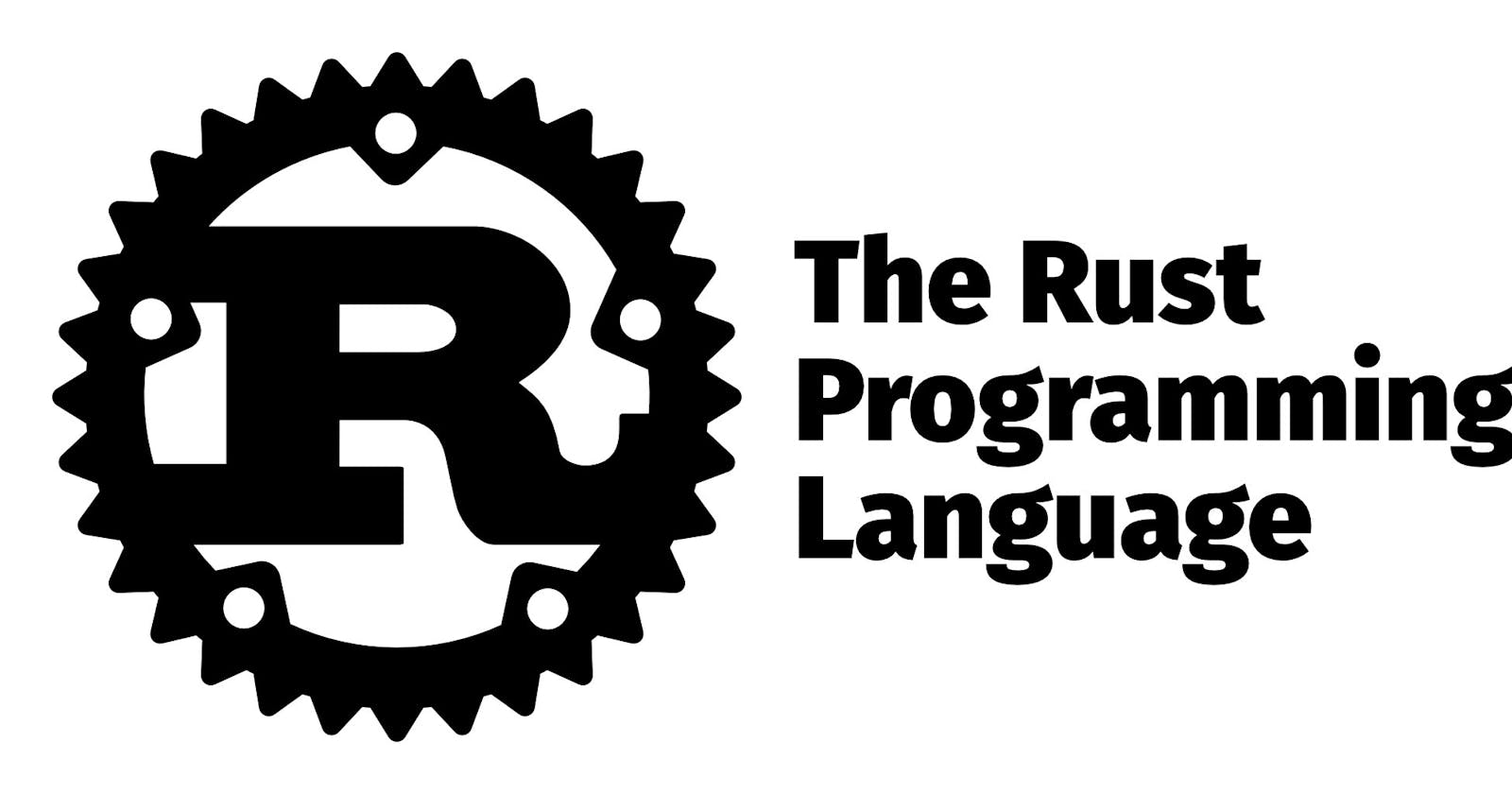In the realm of programming languages, Rust has rapidly gained a reputation as a language that provides the performance of older languages like C and C++ without some of their pitfalls. In this comprehensive article, we will delve into the top five reasons why Rust could be a valuable addition to your programming skill set. Each section will provide a deep dive into Rust’s features and advantages, making it clear why this language is not just a passing trend but a solid investment in your coding future.
1. Memory Safety Without Garbage Collection
The Heart of Rust's Innovation
Rust’s most touted feature is its promise of memory safety without relying on a garbage collector. This is achieved through its unique system of ownership with a set of rules that the compiler checks at compile time.
Ownership and Borrowing
Ownership Rules: Each piece of data in Rust has a single 'owner' — the variable that is responsible for freeing the memory. Once the owner goes out of scope, the memory is freed.
Borrowing: Rust allows multiple references to a piece of data but manages it through two rules: one, any number of immutable references (read-only) are allowed, or alternatively, only one mutable reference (write permission) is allowed at any given time. This ensures data races can't happen.
Lifetimes
- Lifetimes: Rust uses a concept called 'lifetimes', which are compile-time annotations that signify how long references should be valid. They prevent dangling references, a common issue in C++ where a reference points to a deallocated memory.
Zero-Cost Abstractions
- Zero-Cost Abstractions: Rust’s abstractions aim to impose no additional runtime overhead. This means the abstractions you use compile to roughly the same assembly as if you’d written the lower-level code yourself.
Comprehensive Analysis
The Rust compiler’s checks enforce that every reference in your application is valid and that you are managing memory correctly without needing a garbage collector. This reduces runtime overhead and grants Rust a level of performance traditionally only seen in systems-level languages.
2. Modern Tooling and a Developer-Friendly Compiler
A Plethora of Modern Tools
Rust offers an array of modern tools that make it a joy to use for developers, new and seasoned alike.
Cargo: The Rust Build System and Package Manager
- Cargo: Cargo is Rust’s built-in package manager and build system. It is acclaimed for its ease of adding dependencies, running tests, generating documentation, and more.
Compiler and Error Handling
- Friendly Compiler: Rust's compiler,
rustc, is famous for its helpful error messages that not only tell you what's wrong but also suggest how to fix it.
Integrated Testing and Benchmarking
- Testing and Benchmarking: Rust supports unit testing, doc testing, and benchmark tests out of the box, encouraging test-driven development practices.
Modern Language Constructs
- Pattern Matching and Enums: Rust provides powerful features like pattern matching and enums, which make handling complex data structures more manageable and less error-prone.
Comprehensive Analysis
With Cargo, rustc, and its integrated testing, Rust provides a top-tier development experience. These modern tools and Rust’s helpful compiler together create an ecosystem where developers can write high-quality, maintainable code.
3. Concurrency Without Fear
Embracing Modern Multicore Processors
As applications increasingly rely on parallelism, Rust’s approach to concurrency offers both performance and safety.
Ownership and Concurrency
- No Data Races: Rust’s ownership rules guarantee that there will be no data races at runtime, which is a common source of bugs in multithreaded applications.
Async/Await
- Asynchronous Programming: Rust supports modern asynchronous programming features, such as async/await, which allows for non-blocking code execution.
Comprehensive Analysis
Concurrency in Rust is designed to be more approachable and less error-prone, which is crucial for developing high-performance applications that take full advantage of modern multicore processors. The assurance that Rust provides in its handling of concurrent programming can be a massive boon for developers.
4. Interoperability with C and Other Languages
FFI and Embedding Rust
Rust is designed to interoperate seamlessly with C, which opens a broad array of possibilities.
Foreign Function Interface (FFI)
- FFI: Rust’s Foreign Function Interface allows it to call C libraries and be called from C, making it compatible with the vast ecosystem of existing C code.
No Runtime
- Zero Runtime: Rust does not impose a runtime or garbage collector, making it easier to integrate with other systems.
Embedding in Other Languages
- Embedding: Rust can be embedded in other languages, which means you can write performance-critical parts of, for example, a Ruby or Python application in Rust.
Comprehensive Analysis
Rust’s excellent interoperability with
C and other programming languages means you can easily integrate Rust into existing projects or use existing C libraries in Rust, making it a flexible addition to your toolkit.
5. A Growing Ecosystem and Community
Thriving Open Source Movement
Rust is backed by a vibrant, rapidly-growing community and ecosystem.
Crates.io
- Crates.io: This is Rust’s package registry, hosting an ever-increasing number of libraries (crates) for every imaginable purpose.
Community and Mozilla's Investment
Community: Rust’s community is active and welcoming, offering an excellent resource for learning and troubleshooting.
Mozilla: Initially developed by Mozilla, Rust continues to benefit from their investment, ensuring continuous development and innovation.
Inclusive and Comprehensive Documentation
- Documentation: Rust places a strong emphasis on high-quality documentation, which reflects in the Rust Book, standard library docs, and "docs.rs" for community crates.
Comprehensive Analysis
The Rust ecosystem is rapidly expanding, with the language itself under constant development, improving performance, and offering more features. The community's passion for the language is evident in its drive to provide support and evolve the ecosystem.
Conclusion
Choosing to learn Rust is an investment in a language that is not just secure by design but is also built to leverage the modern features of processors and operating systems. Its memory safety guarantees, combined with modern tooling, concurrency paradigms, interoperability, and a robust ecosystem make it a language well worth considering for current and future projects. Rust promises to deliver the ability to write systems-level code that is fast, reliable, and secure, making it a language that is equipped for today’s challenges and tomorrow’s innovations.
With these compelling reasons, it becomes clear that Rust is not merely a niche player in the programming world. Its adoption by industry giants for significant projects is a testament to its potential and staying power. As Rust continues to mature, the investment in learning it seems increasingly prudent for developers who want to stay at the forefront of software development.

